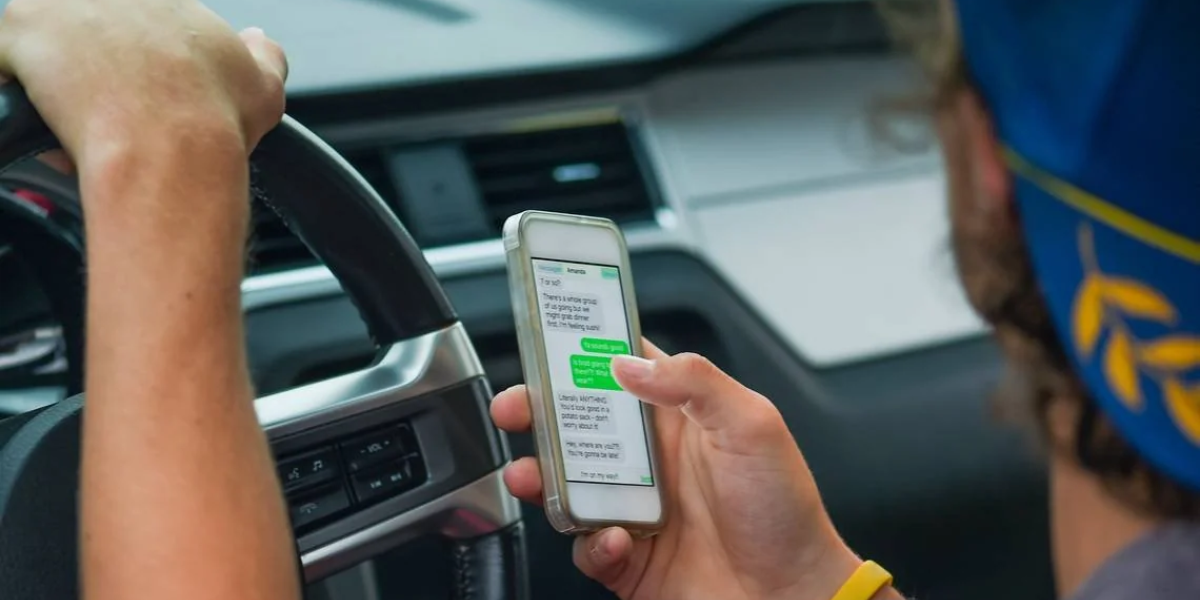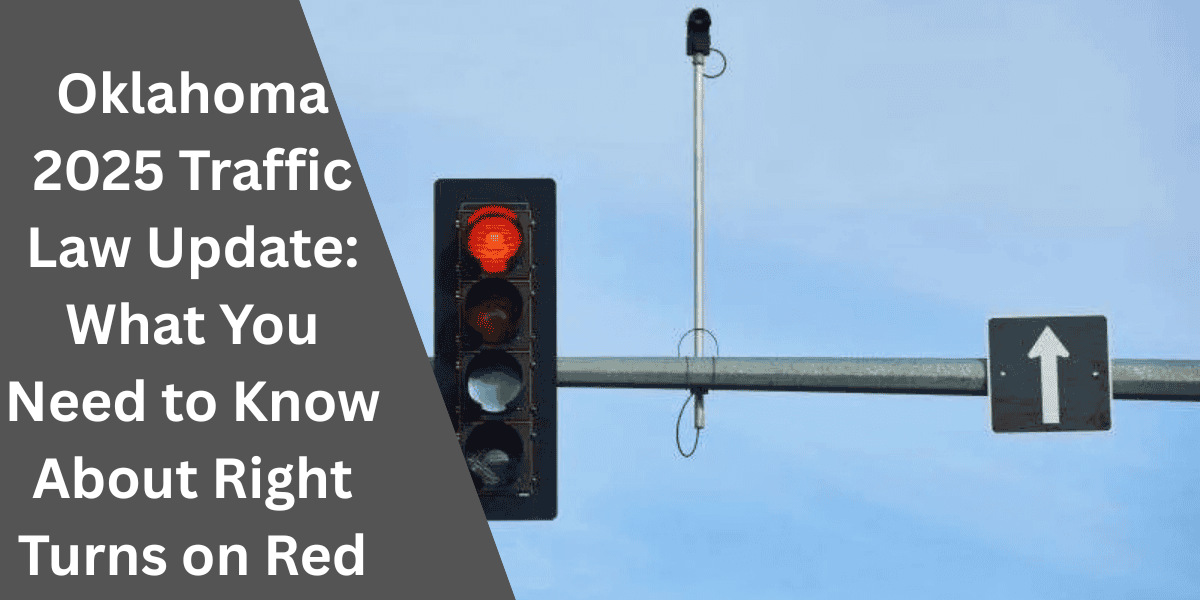Under most circumstances, the police in Wisconsin are not permitted to search your phone during a traffic stop unless they have a warrant. In recent years, the Supreme Court of the United States and the courts of Wisconsin have both agreed that mobile phones hold a significant quantity of personal information.
As a consequence of this, the protection found in the Fourth Amendment against excessive searches and seizures is applicable to digital devices in a significant way. This indicates that in the majority of instances, law officers are required to get a search warrant that is supported by probable cause before they can access the contents of your phone.
Exceptions to the Warrant Requirement
There are a few instances in which this basic rule is not followed. Consent is the most prevalent exemption; if you have voluntarily given permission for the authorities to search your phone, they do not require a warrant to do so. In emergency situations, such as when the police believe there is an immediate threat to public safety or when they believe evidence is in danger of being destroyed, there is yet another exception that can be made. On the other hand, examples like these are extremely uncommon and must be justified in court.
Consequences of Searches Conducted Without a Warrant
In the event that the police search your phone without a warrant and without a legitimate exemption, any evidence that they discover may be deemed inadmissible under the law. It is possible for your counsel to submit an application to suppress this evidence, which has the potential to dramatically weaken or even dismiss the case brought forward by the prosecution.
Recent Changes in the Legal System
Instances such as Wisconsin v. Burch have spurred continuing discussions regarding the privacy of digital information. The evidence that was gathered from a phone search that did not require a warrant was permitted to be utilized in court by the Supreme Court of Wisconsin in this particular case. This decision was met with criticism from individuals who had a strong interest in protecting their privacy. According to the opinions of a number of justices and legal experts, in order for the police to access the information stored on your phone, they are required to get a warrant.
During a traffic stop, The Rights That You Have
This means that you have the right to refuse to have your phone searched. You have the ability to make it very apparent that you do not consent to a search of your phone in the event that a law enforcement official requests for permission to search your phone. Additionally, unless the police provide a proper warrant, you are not forced to unlock your phone or enter your passcode while they are searching your phone.
Police Search of Your Phone in Wisconsin
| Situation | Can Police Search Without a Warrant? |
|---|---|
| Routine traffic stop | No |
| With your consent | Yes |
| Exigent circumstances (rare) | Possibly, but must be justified in court |
| After lawful arrest | Still generally requires a warrant |
| If you refuse consent | No, unless they obtain a warrant |
It is illegal for law enforcement to check your phone during a traffic stop in the state of Wisconsin unless you give them permission or they obtain a warrant. You are within your rights to decline if you are requested to do so. There is a high probability that any search that goes beyond these bounds violates the Constitution, and any evidence that is gathered through such a search may be thrown out in court. Always be aware of your rights, and make sure to assert them when it is essential.


 by
by 

